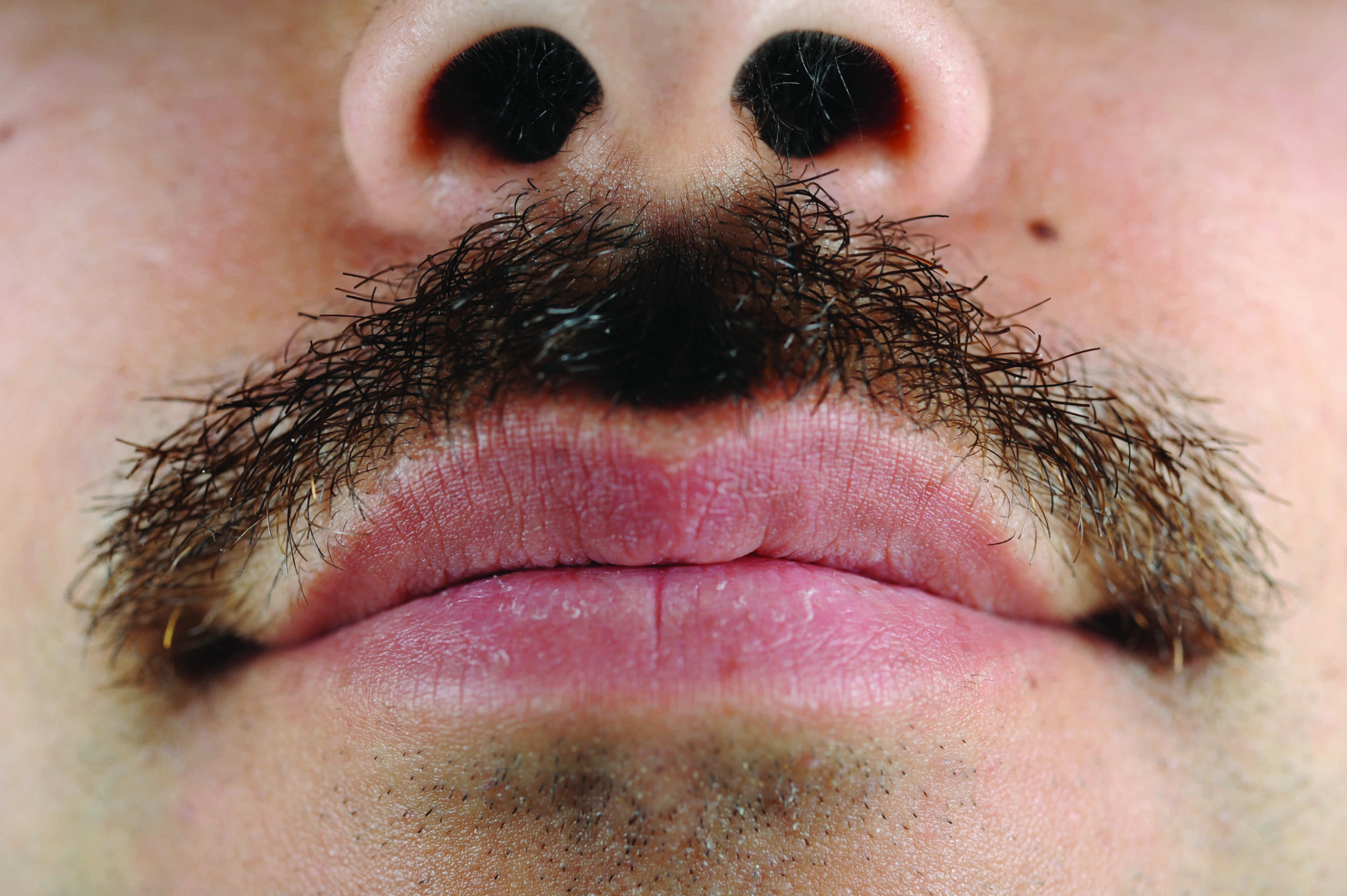Sajila Nudrat | Health Editor
Featured Image: Men across the world grow moustaches to raise money for cancer. | Courtesy of Creative Commons
It all started over a pint, and almost 30 years later, Movember campaigns are present in over 21 countries and have raised over $500 million for men’s health programs. In 2003, on the continent down under, two friends from Melbourne, Australia were discussing recurring fashion trends when the story turned towards outdated moustaches.
With what first started out as a joke, Travis Garone and Luke Slattery decided to bring the trend back, and enlisted the help of a couple other friends. Inspired by a friend’s mother who was fundraising for breast cancer, they decided to create a campaign raising awareness about men’s health and prostate cancer. Each individual paid $10, and grew a moustache. They decided to call their campaign Movember, and thus, a phenomena was born.
Movember, also known as “No Shave November,” is when men grow out their facial hair to raise awareness for what started out as prostate cancer, but has now expanded to include an array of men’s health issues. Movember’s campaigns have broadened their focus to include four key men’s health issues: prostate cancer, testicular cancer, poor mental health, and physical inactivity. Movember’s vision is “to have an everlasting impact on the face of men’s health.”
According to the Movember foundation, in Canada, one in seven men will be diagnosed with prostate cancer in their lifetime and testicular cancer is the most commonly diagnosed cancer in young Canadian men. Each year, more than 2,900 men die by suicide; three out of four deaths by suicide are men. These issues affect thousands of individuals each year. Movember is a reminder for a person to take care of not only themselves, but motivate others to do the same.
When asked if he actively takes part in Movember campaigns, Adrian Carter, a first-year environmental studies student, replied sometimes. However, he is aware of the campaign’s efforts. “I know that it is about awareness for men’s health (prostate cancer, testicular cancer). I think it’s also important because these are generally things men tend to not talk about a lot. I know that events and sponsors for participants raise a lot of money for organizations as well and honestly, I wouldn’t be thinking very much about my own health if it wasn’t for Movember’s reminder.”
When asked if the campaign has helped the cause it is geared towards, Carter replied: “Yes, any institution or workplace I’ve been a part of always has an event geared towards the theme.”
Some have even credited the campaign with their introduction towards such a phenomena. Henri Chevalier, a first-year environmental studies student says, “it is the first time that I have heard of Movember. The fact that its goal is to raise awareness for men’s health issues by encouraging men to grow out their facial hair is something that intrigues me, which will definitely allow me to further my research about it.”
However, Movember is not just for men. Women can get involved by supporting research geared towards men’s health, and actively partaking in campaigns and fundraising efforts. These women, also known as ‘Mo Sistas,’ can also show their support by reaching out to the men in their lives and making sure that they are being proactive when it comes to taking care of their own health.
Although the campaign is geared specifically towards discussing men’s health, it is important that everyone gets involved. Any one of these issues can affect someone’s father, brother, son, or husband. The movement can be supported via direct involvement, donations, or partnerships with the Movember foundation. Whether it be starting a conversation with a person about their health, or going out and partaking in a 60 kilometer fundraising marathon, what’s important is taking action. So this Movember, make a difference, whether that be in your own life or in the life of another.
Ready, get set, grow!

